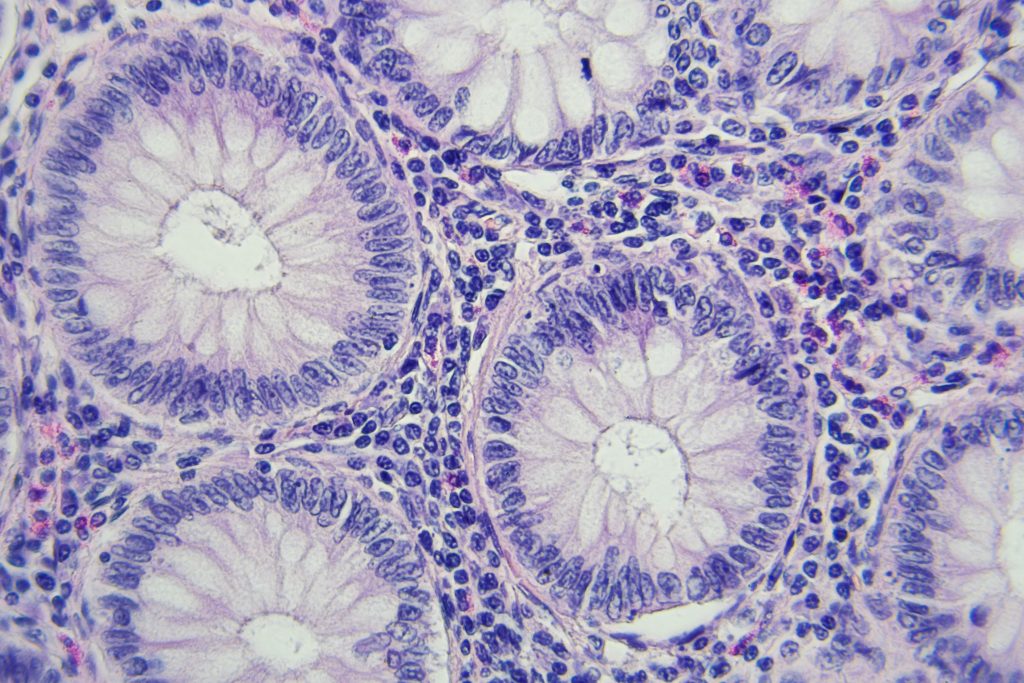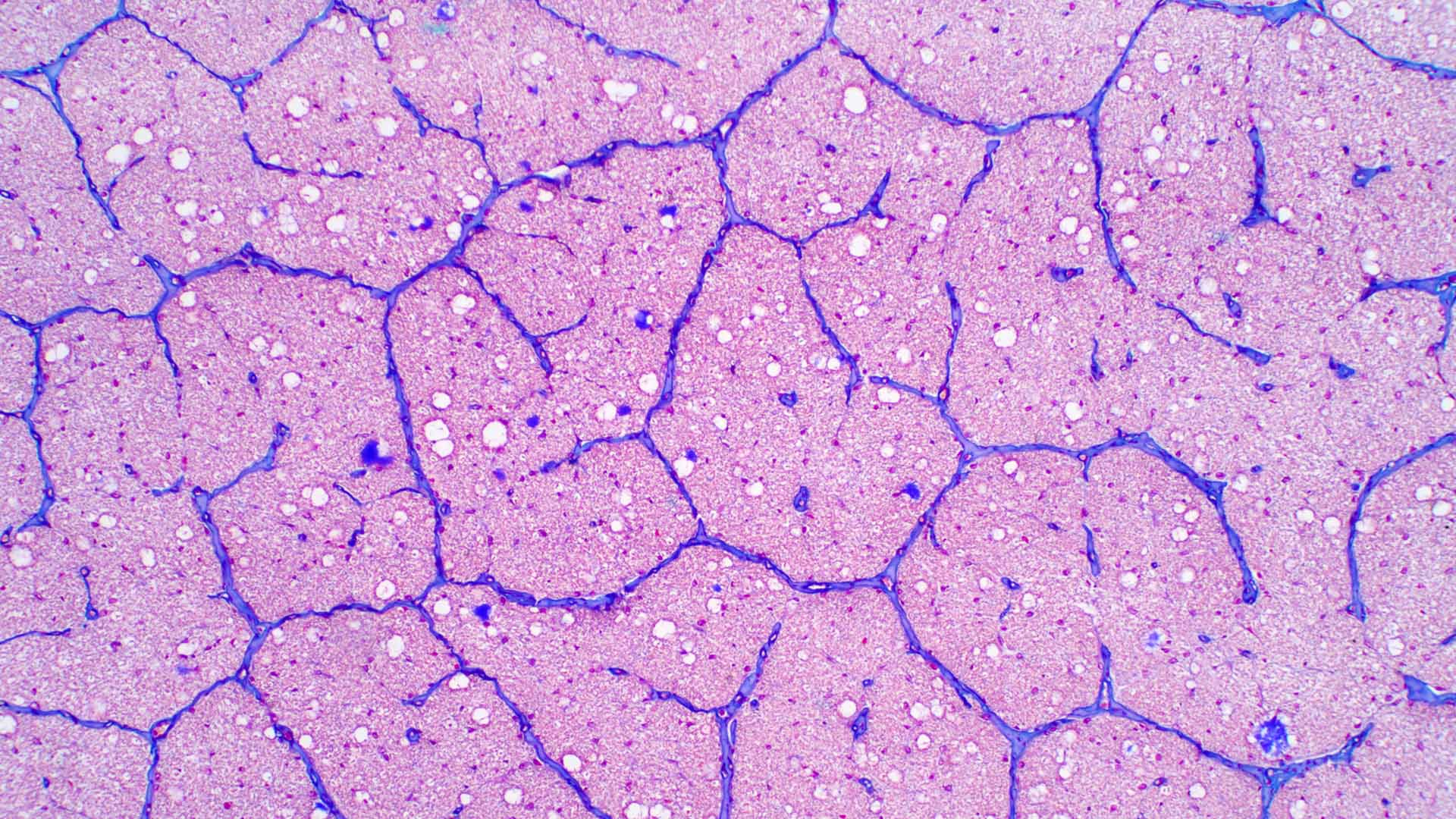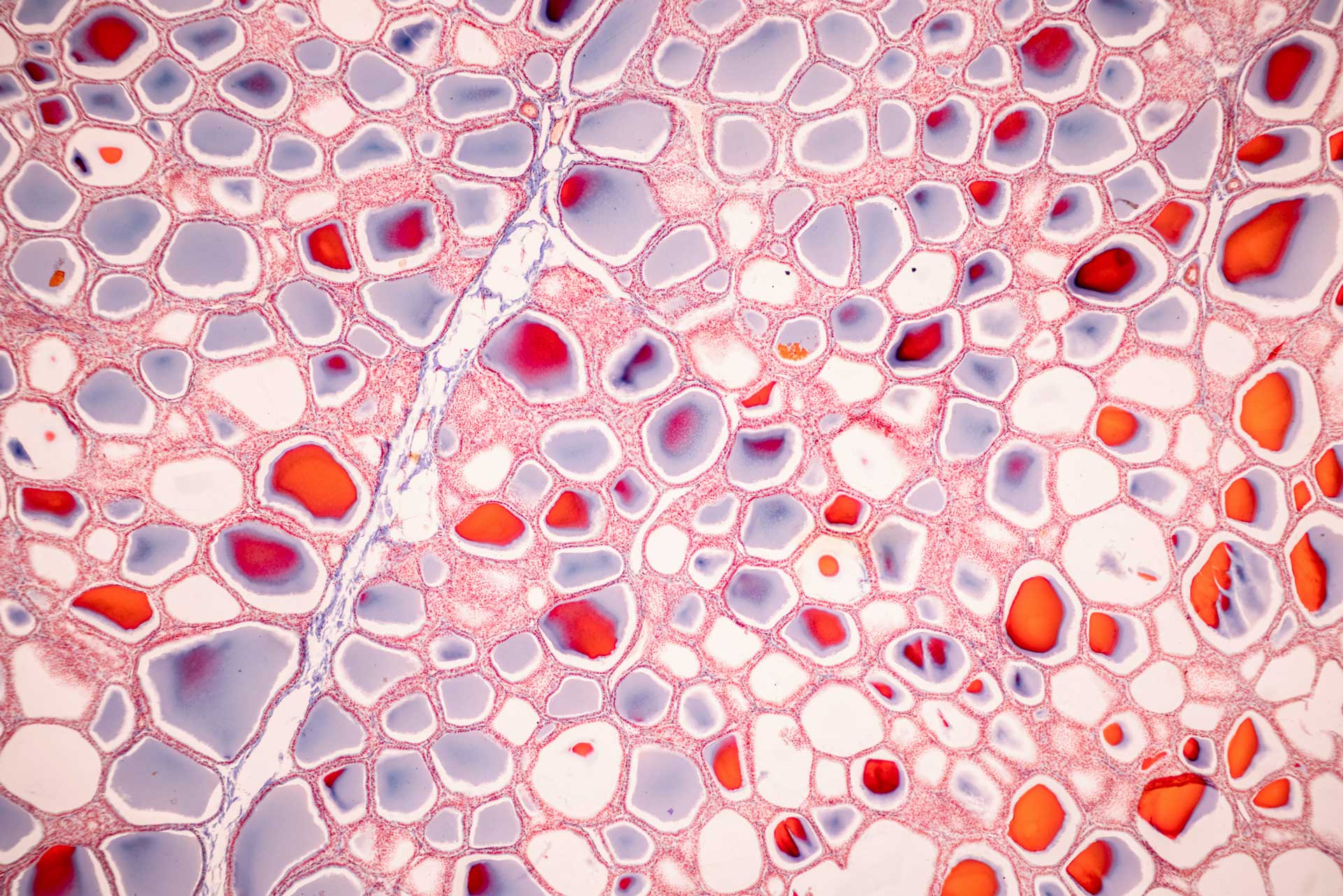Driving Awareness of Cancer in Women: Unveiling the Gendered Nuances in Detection and Diagnosis

Though helping pharma brands succeed is what drives our business, we are acutely aware that our real mission is to help pharma deliver better outcomes for patients. In fulfilling our roles, we have the privilege of speaking to and connecting with patients across the globe, understanding their healthcare challenges and relaying them to empower brands to make a difference.
Over the years, we have spoken to countless oncologists and patients who have generously opened up about their experiences with cancer. As a result, we have gathered rich and nuanced insights into the real-world impact of cancer and the different ways in which it can affect people’s lives.
To mark International Women’s Day, we wanted to shed light on some of the social and emotional issues that have an impact on outcomes for women with cancer, focusing on detection and diagnosis. We know that early diagnosis is crucial to improved outcomes, but we do not always consider the gendered nuances at play.
Such nuances are evident in the prevalent late-stage diagnosis of women with cancer. It is no secret that women often deprioritize their own health as the primary caregiver in their family unit. As our Life Sciences Director Michaela Scheiner puts it: “A woman has so many roles to play […] she is the daughter, the wife, the homemaker, the worker. At some point, her health just becomes another hat to wear.” This is more than a cultural cliché: It can have a tangible impact on the prognosis for women with cancer by delaying how long they wait to present their symptoms to a doctor. . For example, a global 2022 study found that the prevalence of late-stage presentation among patients with cervical cancer stood at 60.66% .[1]
We have found that for women of ethnic minorities living in the US and EU, these sentiments are stronger. As part of a wider study of cancer inequalities conducted in 2023, we spoke to several South Asian women living with various tumor types in the UK. The notion that a woman’s needs are subsidiary to those of her husband or children is reinforced by a pervading cultural belief that it is indulgent or selfish to become preoccupied with one’s health. This is compounded by lower levels of education and limited awareness of different cancer symptoms, exacerbated by language barriers that hinder mainstream campaigns on breast checks, cervical screenings and other preventive health measures from reaching these demographics. As Nila Sanyal, our Commercial Consulting Director who conducted these interviews, reflects: “All of these factors provided a fertile ground for festering misconceptions and myths, all of which contributed to the woman not accessing medical professionals in a timely manner.’’
Women face further challenges once they present with cancer symptoms. ‘Healthcare gaslighting’ is a phenomenon in which women are less likely than men to be taken seriously by medical professionals. I vividly remember a male neurologist telling me during a market research interview about chronic pain that women “don’t tolerate pain as well as men” and therefore “complain more”. I was dumbfounded, and these attitudes can have dire consequences within oncology. The Every Woman Study of patients living with ovarian cancer in Canada found that 30% of patients who waited more than three months for a diagnosis felt like their healthcare provider had ‘brushed off’ their concerns about their symptoms.[2] It complicates matters that common symptoms of gynecological cancers, such as irregular bleeding or abdominal discomfort, are often considered normal aspects of ‘being a woman’.
Again, we have seen that women from ethnic minorities face additional challenges when presenting with cancer symptom. Cultural factors can cause feelings of unease and embarrassment when it comes to discussing intimate areas, while language barriers can prevent open communication about symptoms. We have also heard that women of ethnic minorities feel like healthcare professionals are less likely to take them seriously due to racial prejudice, and they might have to present multiple times before additional investigations are undertaken or appropriate referrals are made. The statistics speak for themselves: In a recent study published in the British Medical Journal, it was found that Caribbean and African women are more than twice as likely to be diagnosed with late-stage uterine cancer than white British women, 85% more likely to receive a late-stage ovarian cancer diagnosis and 71% more likely to receive a late-stage breast cancer diagnosis.[3]
There are many avenues for pharma to explore to make a tangible difference in reducing the overall cancer burden for female patients. The fundamental building blocks are centered on encouraging women to prioritize their health, empowering them with information so that they can be vigilant of the various signs and symptoms of different cancers. This means investing in grassroots programs in schools to teach girls from a young age that their health is not a ‘taboo’ subject to be avoided but rather a priority. Pharma must continue to partner with government bodies, PAGs and NGOs to ensure that they are directly providing ‘on-the-ground’ support for screening programs both in the West and in underdeveloped nations – providing the infrastructure and publicity to encourage routine checkups that can drive early detection. Moreover, R&D that is focused on developing more accurate and timely diagnostic tools will help build faith in the screening process and encourage women to proactively take charge of their own cancer risk.
There is no blanket approach to improving the detection and diagnosis of cancer in women. Any strategy must consider the additional challenges faced by women of diverse cultural backgrounds, with tailored messaging anchored in relevant cultural codes disseminated via niche, non-mainstream channels.
Leveraging a feminist perspective in the battle against cancer will reap benefits for healthcare systems and communities, transcending boundaries and elevating overall population health.
Special thanks to Sukanya Saha, Director; Yasemin Yildiz, Director; Michaela Scheiner, Director; Nila Sanyal, Director; Olga Fidalgo Gonzalez, Associate Vice President; Deana Scott, Director; Helena Cannon, Director; and Emma Brooks, Consultant, for their contributions to this piece, in addition to the countless women who have given me their time during my four years at Prescient to share their experiences with cancer.
Disclaimer: We recognize that individuals affected by cervical, ovarian and breast cancer might not exclusively identify as women. We acknowledge the diverse spectrum of gender identities and emphasize that separate health issues exist for men, trans individuals and others. Our intention is to shed light on the challenges faced by individuals traditionally associated with women’s health issues while respecting and acknowledging the broader context of gender diversity within the realm of cancer awareness.
References
[1] ‘Prevalence and determinants of late-stage presentation among cervical cancer patients, a systematic review and meta-analysis’, April 2022/Accessed February 2024; https://www.ncbi.nlm.nih.gov/pmc/articles/PMC9045598/
[2] ‘Understanding the Experience of Canadian Women Living with Ovarian Cancer through the Every Woman Study’, May 2022/Accessed February 2024; https://www.mdpi.com/1718-7729/29/5/271
[3] ‘Black women in England are at greater risk of late cancer diagnosis than white women’, January 2023 https://pubmed.ncbi.nlm.nih.gov/36707077/





